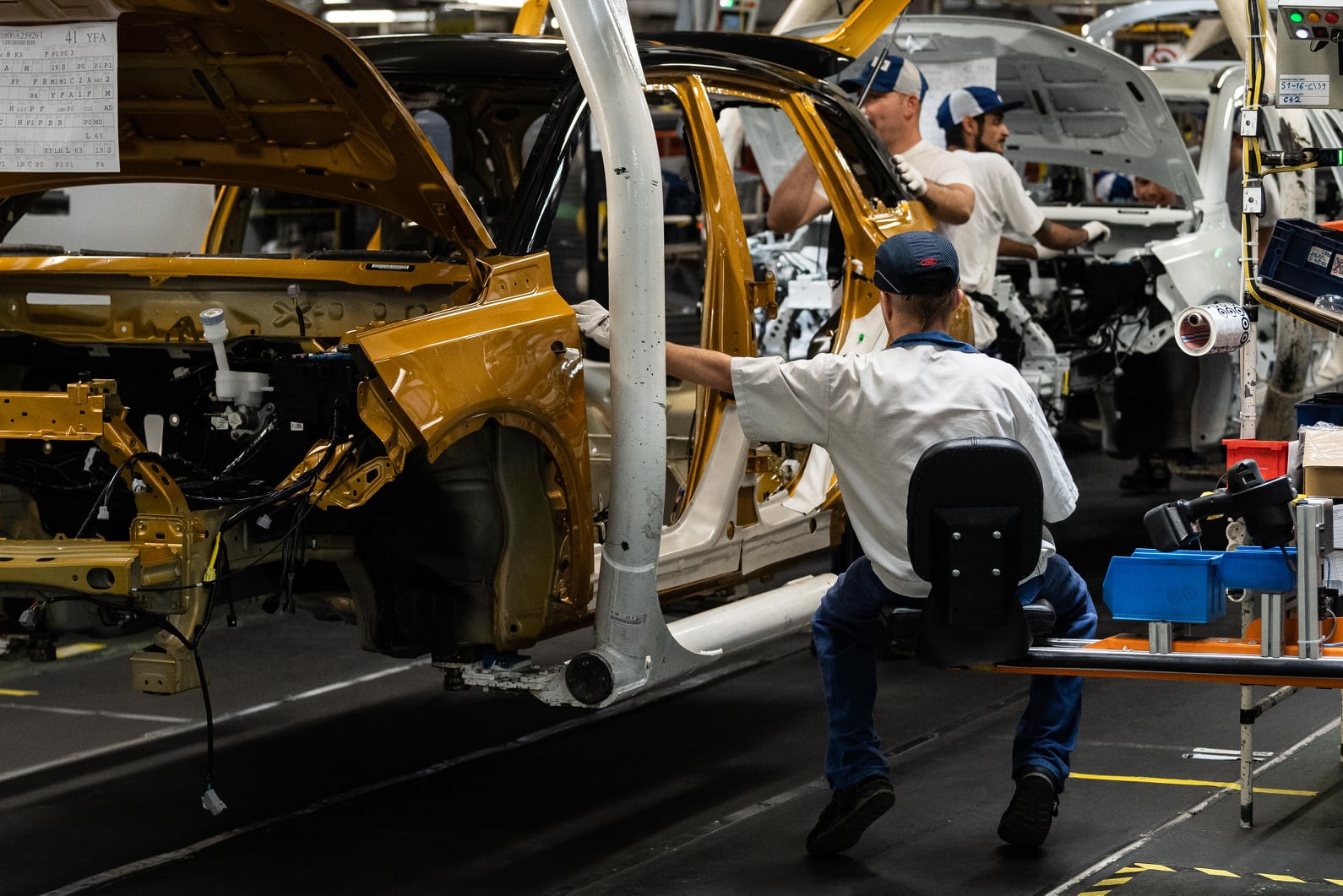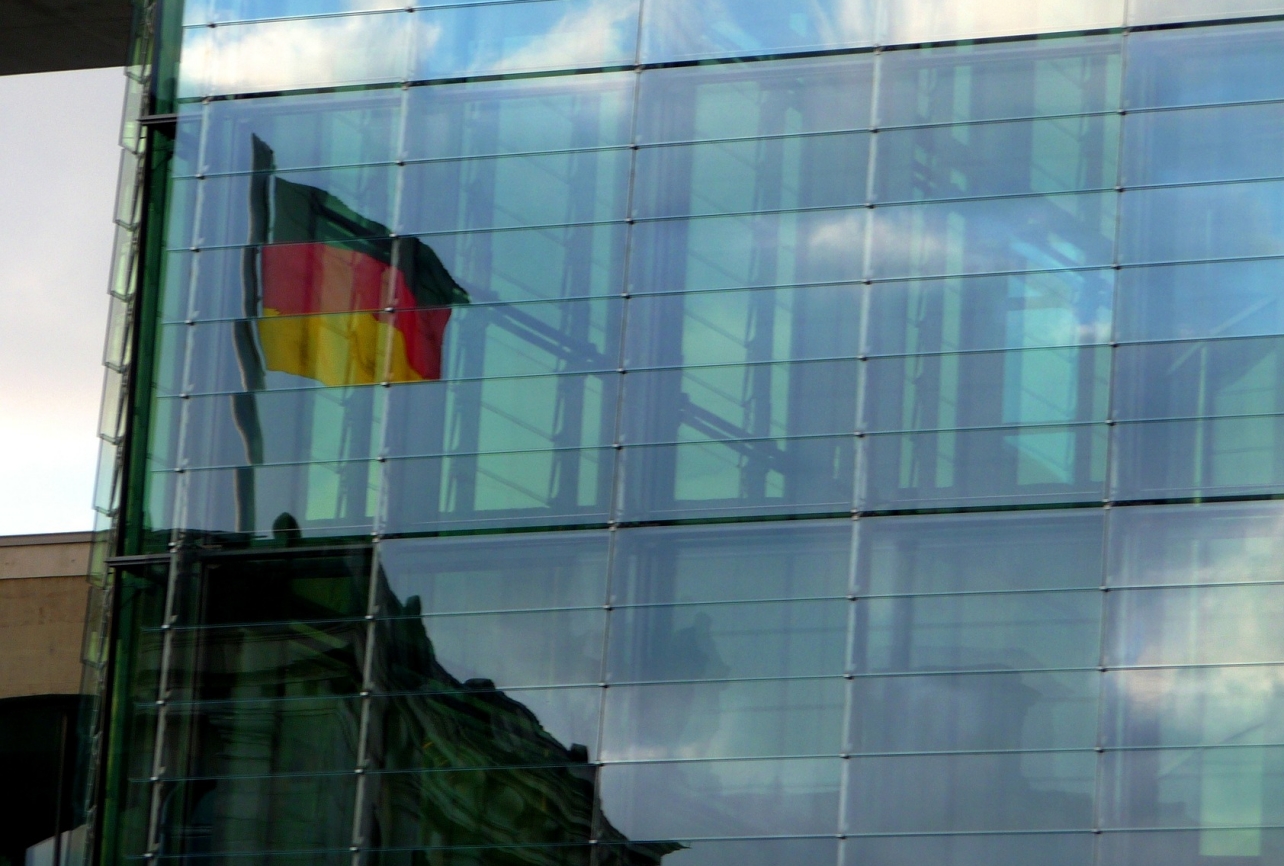
73 percent of the investments received this year are linked to the electric car industry.Continue reading

Every day that the German government delays its export permit for the Siemens-manufactured control unit destined for Hungary’s Paks nuclear power station, the country’s reputation as a reliable trading partner suffers among the international business community. Ostensible efforts to take the moral high-ground could win some favorable headlines with Germany’s all-powerful media cartel, but will make potential trading partners wonder about the risks of doing business in the German corporate environment increasingly subordinated to the whims of the Red-Green-Yellow coalition.
Last month Hungarian Foreign Minister Péter Szijjártó has accused the German government of blocking the expansion and modernization of the Paks nuclear power plant by denying Siemens’ export permit for the vital control unit.
It is unacceptable for a European government, in the absence of any European legislation, to block, for who knows what political or ideological reasons, the development of another country’s energy security,
the minister remarked.
That he was not far off was confirmed later by the company itself, when Siemens’ spokesman has replied to Hungary Today’s question by saying that “the license is still pending, and we cannot say when it will be issued. The primacy of politics applies to us not only in this specific case, but also as a matter of principle”. The German government has felt no obligation to date to explain the reasons behind the delays, as they clearly understand that within the current European political environment they can act so towards certain ideological foes with impunity.
These attitudes are not reserved for the governing left only. Some of the once conservative Christian Democrats also feel that they have a card blanche in using any kind of language they choose towards the democratically elected representatives of Hungary. And so the standards of German political discourse have reached a new low last week when Gunther Kirchbaum, the European policy spokesman for the Christian Democrats (CDU) in the German parliament, in a letter he wrote to Johannes Hahn, European Commissioner for Budget and Administration, has accused Hungarian Prime Minister Viktor Orbán of employing “mafia methods”. He accused also him of trying to push German company owners out of Hungary and “forcing them to sell”.

Gunther Kirchbaum (L) with former Ukrainian boxing champion, Wladimir Klitschko. Photo: Facebook Gunther Kirschbaum.
Kirchbaum has long been an enthusiastic critic of the Hungarian government, but his real problem with the Orbán government has for years been Hungary’s relationship with Russia, and had little to do with how Budapest had allegedly treated German business owners.
The extraordinarily derogatory language was reportedly based on the alleged complaints of two German-owned construction material companies in Hungary. The story was picked up by Der Spiegel that, given its long history of a crusade against the Orbán government, was all too happy embrace and expand the story even further. They alleged that the German owners have received letters from a Hungarian company in which, “between the lines”, they were pressured to sell up. Spiegel used a past report from the U.S. political NGO Transparency International as a proof that the pressure comes from an oligarch close to the Hungarian Prime Minister. Apart from the fact that after years of vicious attacks they still cannot spell Viktor Orbán’s name correctly, Spiegel’s attempts to prove that business confidence in Hungary is falling could not stand up to facts in view of a simple look at the growing investment figures in the country.
Although German business leaders seem to be voting with their feet, and trade between the two countries is growing steadily, such attempts to undermine economic relations between the two countries for political reasons are nothing new. A far back as 2020, the Slovakian-born FDP politician Renata Alt had tried to make it clear to the German business community as what is expected of them from the political elite. In an interview she made it clear that although economic relations should be treated separately from politics, and that she rules out the possibility of Berlin exerting pressure on the Hungarian government through German business leaders, still she said, “I am convinced that German companies cannot sit back and watch the breakdown of the rule of law and should send a clear signal to the Hungarian government”.
German Imports from Hungary. Source: tradingeconomics.com
Thus while in 2022 Hungary has welcomed a record in foreign investment, and only last month the economic sentiment index rose markedly, according to the Augsburger Allgemeine, Germany’s attractiveness as an investment location has fallen four places to 18th out of 21 in a ranking of industrial economies. Rising energy costs and ongoing labor shortages have compounded problems with high taxes, complex bureaucracy, the study said. Hungary, Spain and Italy still rank below it, but Berlin is catching up fast.
As far as the control unit for Paks is concerned, in view of the continued silence from the German government, it is anyone’s guess how things will pan out. However, in the short term, Siemens’ business partner, French company Framatone will likely be the winner of this sulky behavior from Germany’s Greens. The government in Budapest had already started negotiations with the French concern about increasing their involvement in Paks. In the long run though, while the German economy will have to prove its capacity to adapt to the whims of the German government, for international players, there is no such obligation.
Featured Photo: Pixabay